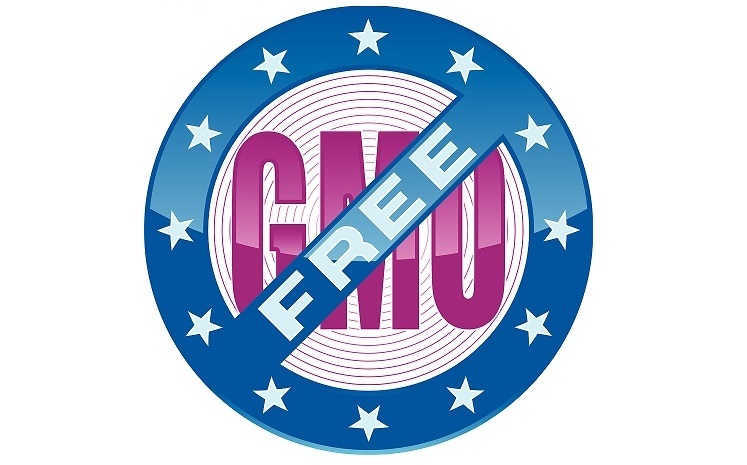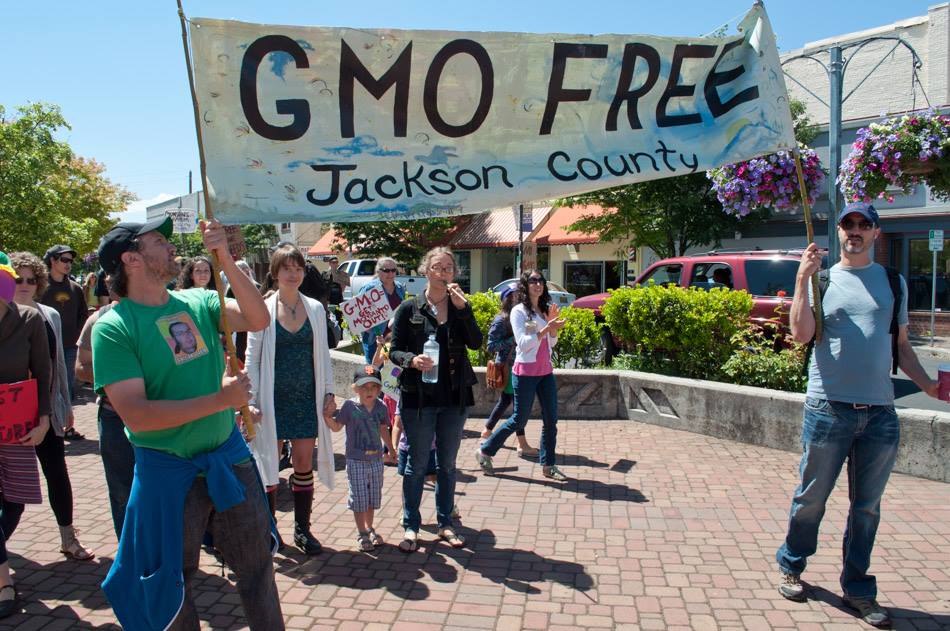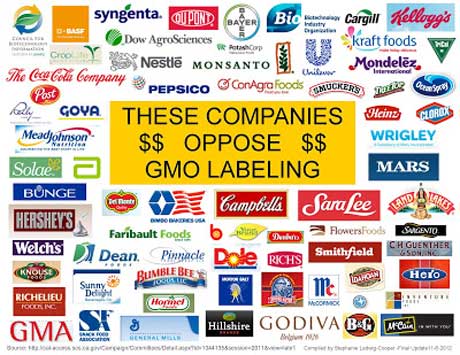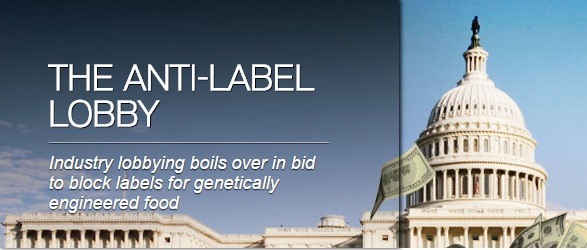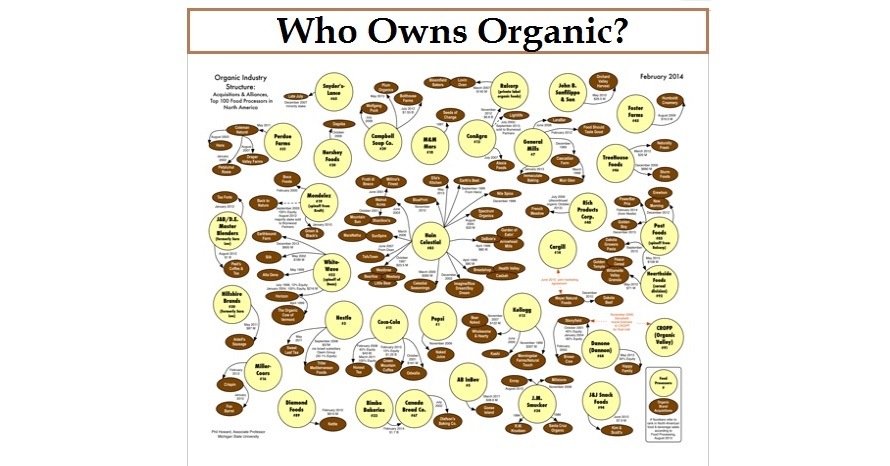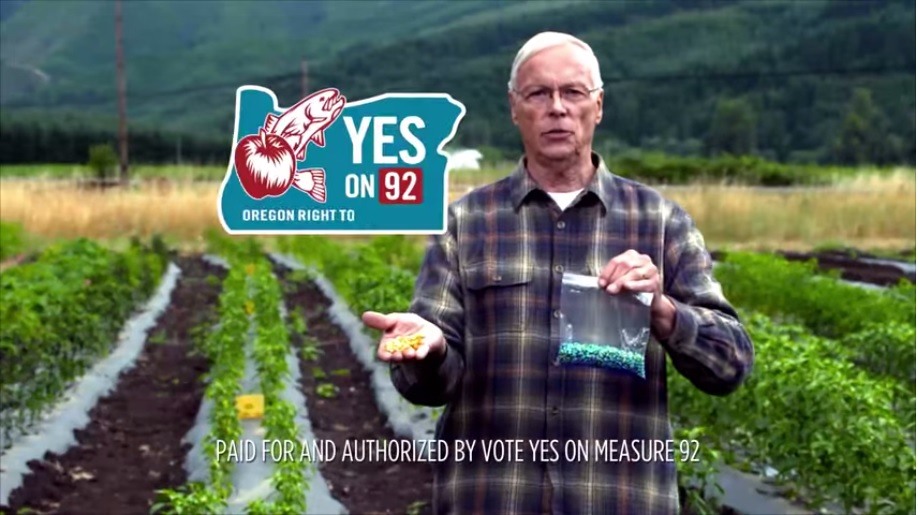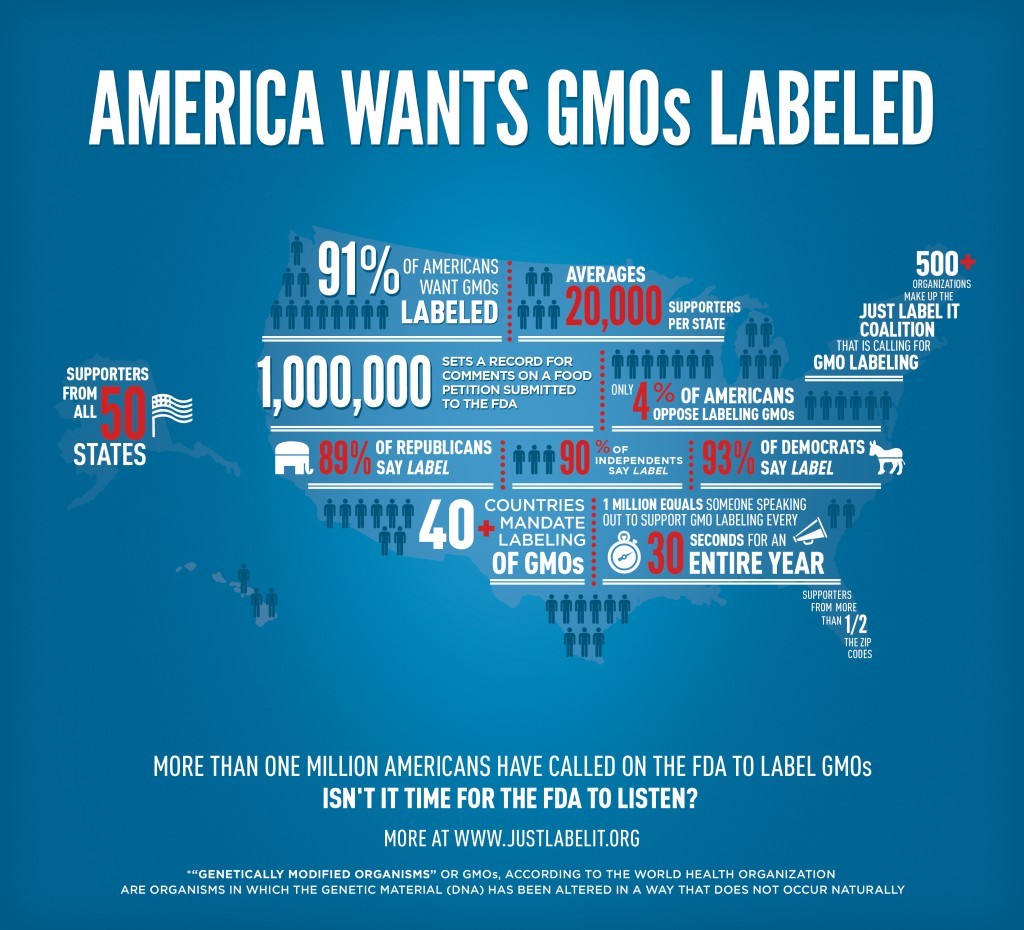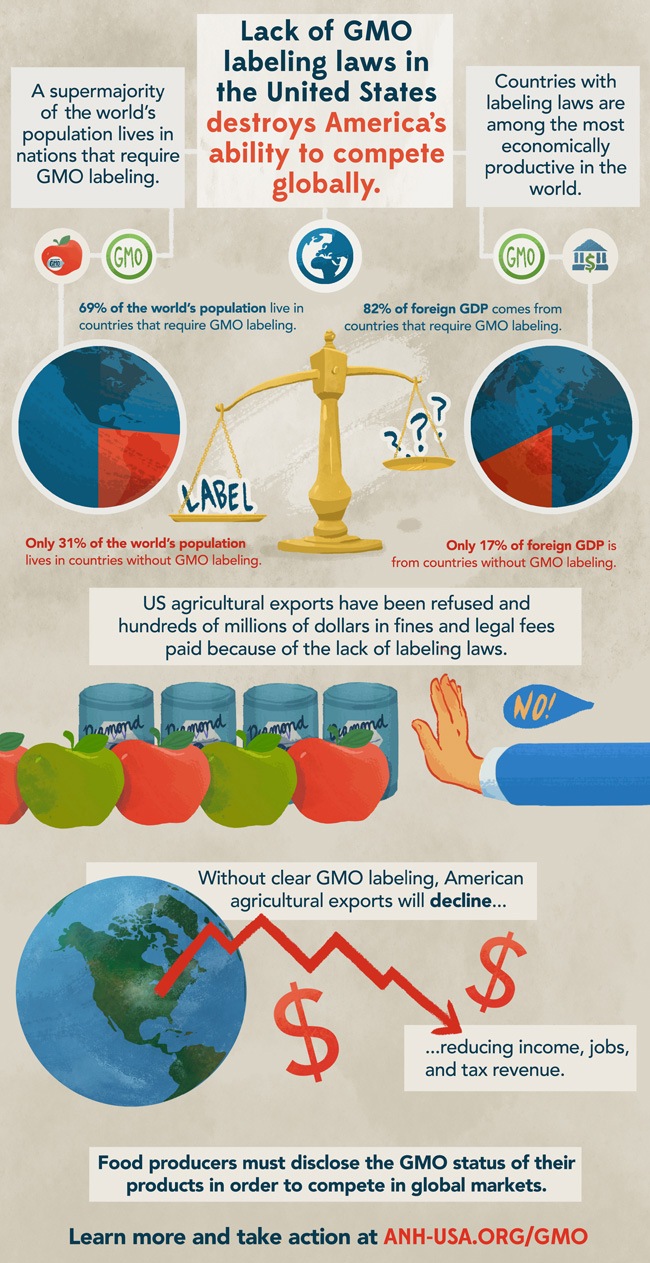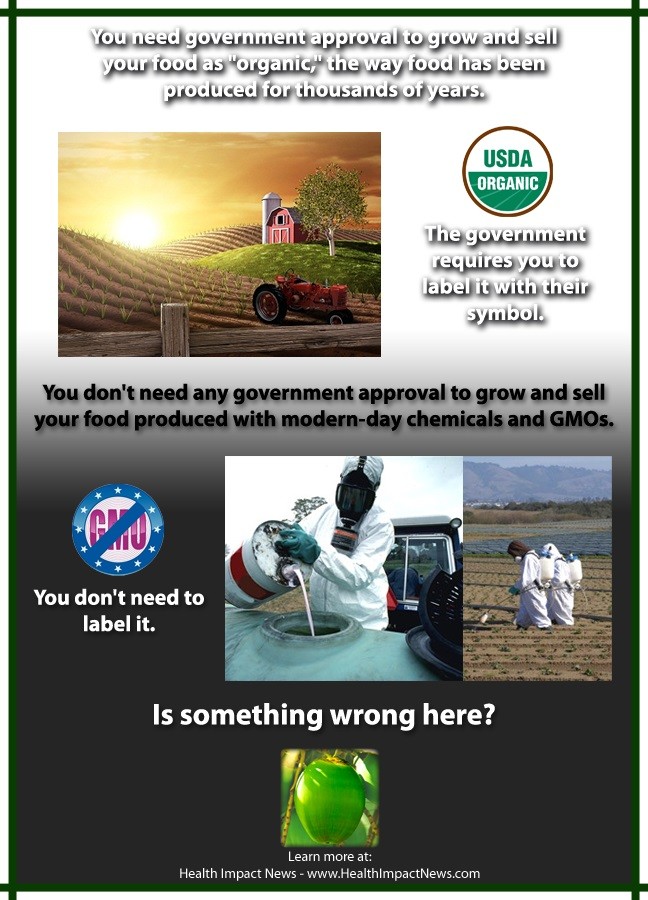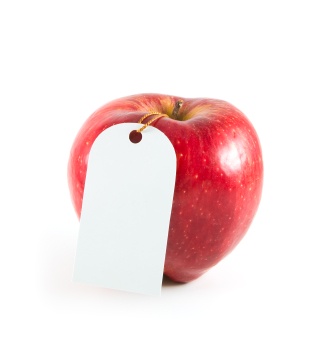GMO Labeling Bill Becomes Law: Now What?
On Friday, July 29, 2016 President Obama signed into law the GMO Labeling bill recently passed by Congress. This law preempts Vermont’s first-of-its-kind GMO Labeling law, which had just gone into effect on July 1, and authorizes the U.S. Department of Agriculture (USDA) to develop a mandatory disclosure program for “bioengineered” (aka GMO) foods. Now that the law has been enacted, all eyes are on USDA, which has the primary responsibility of implementing the law. USDA has one year to conduct the QR code feasibility study, and two years to develop the labeling standards and regulations. Both of these processes will also require public input before being finalized. USDA is likely to see thousands upon thousands of comments from stakeholders during these next phases of implementation. By law they are required to consider all comments received, suggesting that a long process is ahead. The agency is also likely to hold public meetings to allow stakeholders the opportunity to submit oral, as well as written, testimony. Given the highly contentious nature of this legislation and the GMO debate in general, we hope to see USDA proceed through this process in as transparent and inclusive a manner as possible. All of these issues point to a lengthy and involved few years before a final disclosure requirement is in place. And regardless, once the regulations have gone through the public rulemaking process, a legal challenge is highly likely, which could further delay implementation.




